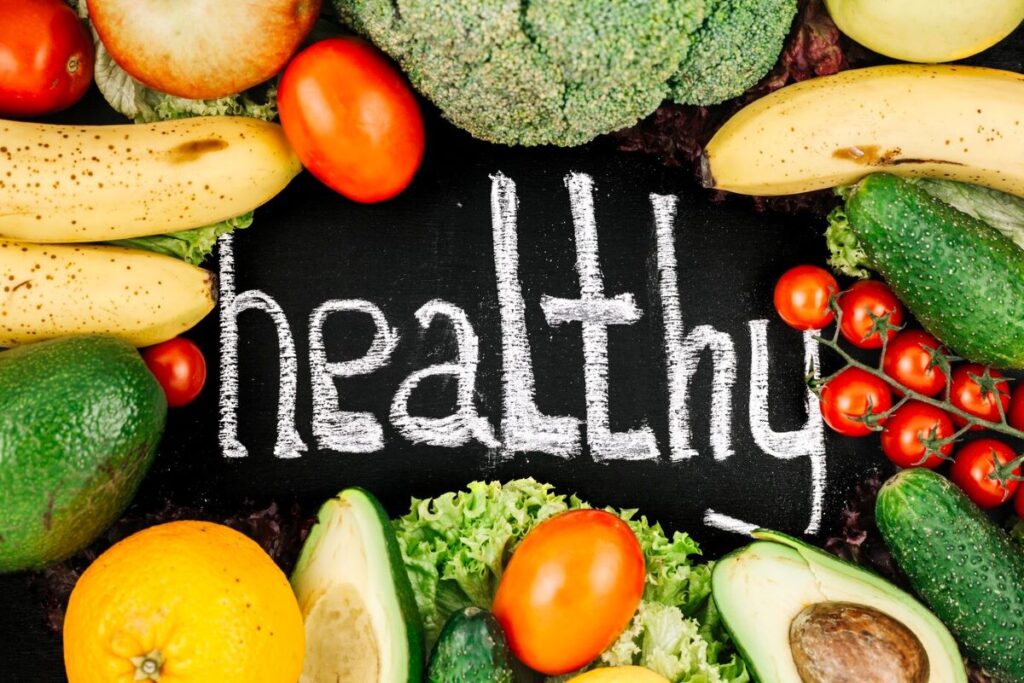Although most people understand that a plant-based diet omits meat, dairy, eggs and animal by-products, they may typically use the term interchangeably with “vegan.” The actual distinction is in a person’s motivation for this way of eating. Veganism takes a political stance against the killing and exploitation of animals, while being “plant-based” focuses on diet specifically.
Vegans also omit leather, wool, fur, silk and other animal-derived materials, while the term “plant-based” is quite literal, referring to vegetables and fruits, grains and good fats (such as nut butters) that are all plant-derived. Animal rights and advocacy, as well as reducing carbon footprint, are certainly good reasons for following this diet. Separate from these, however, there are also several health benefits to being plant-based.
Decreased Risk of Diseases (such as Cancer and Heart Disease)
As the medical community slowly becomes more aware of the risks involved in meat, dairy and eggs, reports have actually referred to red meat as a carcinogen. According to the National Cancer Institute, frequently eating red and processed meat can lead to colorectal tumors where “DNA damage” has been discovered. While the most common cancer linked to meat consumption is colorectal, the World Health Organization also notes an association between eating red meat and potentially developing pancreatic and/or prostate cancers.
We have known for a long time about the impact of high cholesterol, which is primarily caused by animal meat, egg and dairy consumption. The Mayo Clinic explains that too much cholesterol in the blood can lead to plaque developing in arteries that lead to blockages and may cause blood clots if they rupture. Also, the ‘hormone-free’ label on animal products is actually deceiving. OrganicAlberta.org confirms that it is “impossible to completely avoid hormones in meat and animal by-products because hormones occur naturally in all animals.”
Decreased Risk of Chronic Conditions (such as GERD and IBS)
There are many positive stories from people who have switched from a meat-heavy diet to a plant-based one. Forks over Knives details many of these accounts and the positive impacts that this dietary change—in conjunction with exercise, usually—has had on their lifestyles. This successful documentary turned popular website essentially became an online community for plant-based diet followers and those looking to convert.
Essentially, our modern western society tends to believe that common conditions like arthritis, gastroesophageal reflux disease and irritable bowel syndrome are unavoidable, or we blame our “family history”. Although there are some cases where this may be true, research shows that significantly changing what you eat can—not surprisingly—change the way your body functions.
Less Weight, More Energy
The old adage, “You are what you eat,” makes plain good sense. When you consider that a plant-based diet omits flesh and bodily fluids from animals, it’s no wonder many people report feeling better. Scientifically, heavy food takes longer and more energy to digest and burn off inside your body. This is why we typically feel sleepy after a big meal—but particularly after one that includes meat, dairy and eggs.
It’s also fairly common knowledge that meat, dairy and eggs are generally fattier foods. Therefore, switching to plant-based eating that encourages more vegetables, fruits and whole grains and beans will often result in natural weight loss. These foods are naturally higher in fibre and lower in calories, so they tend to be filling without being fattening, as explained by the Physicians Committee for Responsible Medicine.
The Rise of Plant-based Diets
We have seen vegetarianism grow exponentially over the last several decades. In fact, it has become customary for restaurants to have at least one or two vegetarian options on their menus. In more recent years, this movement has evolved into plant-based diet-friendly dishes that remove dairy, eggs and even honey, in addition to meat and fish. Plant-based food may still get a bad rap in some communities, but it is thriving in particularly metropolitan cities like Toronto, New York, Berlin, and London.
Although plant-based dining may require some advance preparation, these options have generally increased around the world. It has become easier and easier to buy these foods in grocery and health food stores, as well. Perhaps not everyone wants to experiment with a different way of eating, but even if helping animals and the environment are not motivators, the obvious health benefits may just push more people to the ‘plant’ side.
Robyn Karmazyn | Contributing Writer










